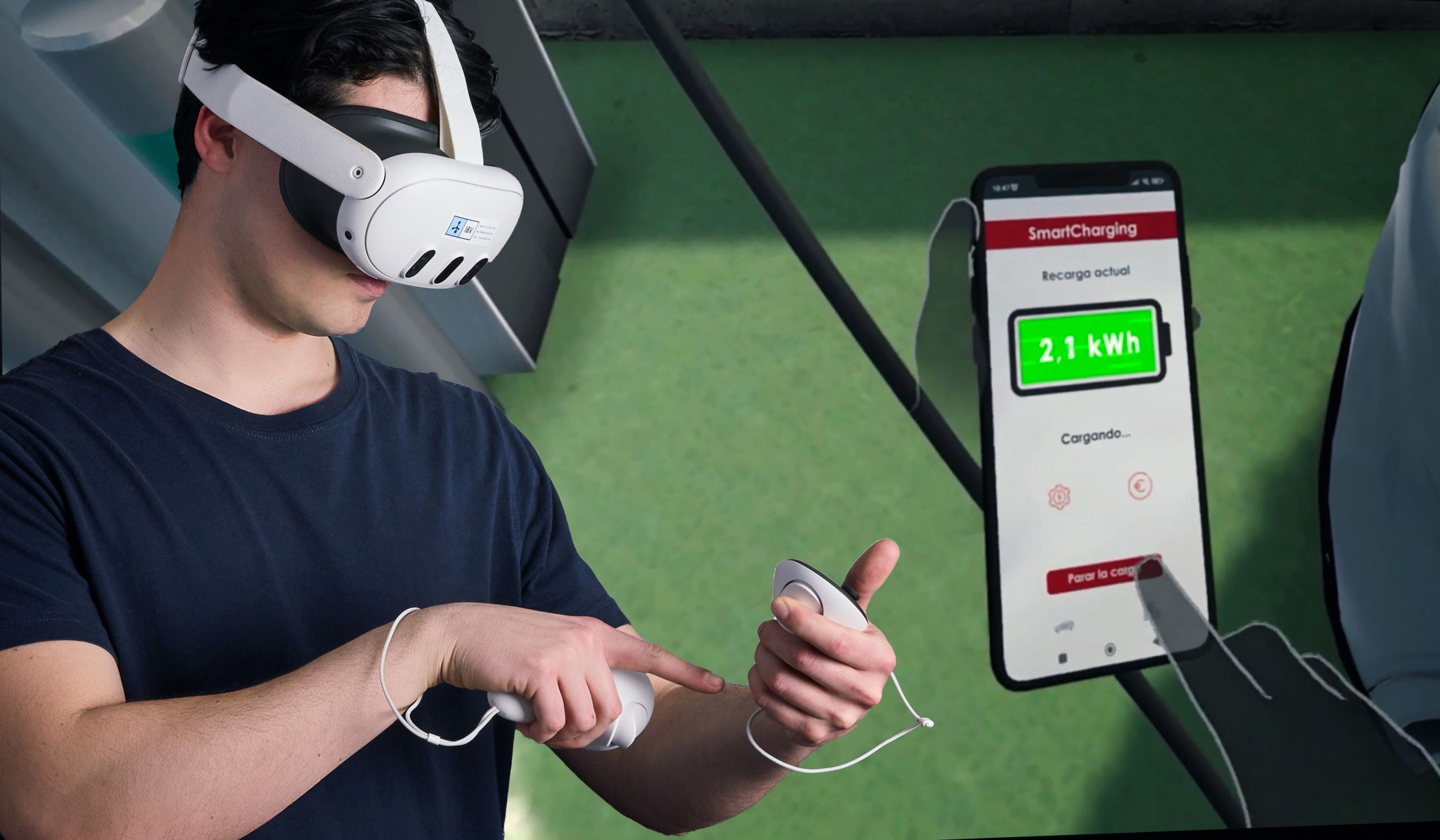
The IBV and the ITE are collaborating on a project to promote sustainable urban mobility through the use of AI, smart charging, and citizen participation
The Institute of Biomechanics (IBV) and the ITE Power Technology Centre are working together on an R&D project known as MUSoL (Sustainable Urban Mobility for Local Communities), the aim of which is to design, validate, and transfer urban mobility solutions based on e-mobility and intermodality.
Coordinated by the IBV and funded by IVACE+i, MUSoL addresses two key levers for decarbonising urban mobility. Firstly, it will accelerate the electrification of smart cities by facilitating smart charging, demand management, and the integration of renewable energy sources through new bidirectional charging technologies. Secondly, it will encourage alternatives to private vehicles by promoting intermodal services designed in collaboration with the public and validated in highly realistic simulated scenarios.
The MUSoL project will also develop a comprehensive data platform that centralises mobility information from urban sensors, open data, social networks, administrative records and corporate sources. This data will be displayed on interactive control panels to support evidence-based decision-making. Furthermore, it will implement a digital channel for citizen participation with a modular, data-driven design. This channel will use immersive technologies to facilitate a clear understanding of the context and the collaborative devising and validation of proposals , in line with the principles of citizen collaboration.
MUSoL will also use virtual reality to create simulations, making it possible to evaluate solutions such as the best location for charging points or the design of inner-city intermodal stations, before actual roll-out. It will develop AI models capable of forecasting low-voltage demand and optimising smart charging (which includes bidirectional charging/discharging based on grid conditions, price and renewable energy availability). These models will also enable the predictive maintenance of charging stations, thereby improving their availability and reliability. It will also promote interoperability through an OCPP‑Lite prototype designed to simplify integration between stations and management platforms.
The project benefits from the collaboration of companies in the Valencian Community that provide use cases and real data. MOVUS will contribute models and visualisation for shared cycle services. DEEPSENSE will share its expertise in analysing mobility and tourism data based on online opinions, distinguishing between resident and visitor patterns. PAVAPARK will participate in co-creation processes with the public, and in immersive validations in areas such as the use of car parks and the planning of charging points. MOVEA CONSULTING will provide methodological support for mobility plans. GAIA CHARGE and COOPALBATERENSE will supply data and scenarios for validating predictive maintenance, demand forecasting, and smart charging from the perspective of a charging operator and electricity distributor. GRUPO MOVES INNOVA will support the design and testing of the OCPP‑Lite prototype.
According to Caterina Tormo, Project Manager at the ITE, “MUSoL integrates AI, smart charging and open standards to accelerate reliable, efficient and interoperable e-mobility. The combination of V2G and low-voltage demand forecasting makes it possible to optimise the network and improve the user experience”. José Solaz, Director of Mobility Innovation and Smart Cities at IBV, stresses that “citizen participation and immersive technologies enable the design and validation of more inclusive and socially acceptable solutions, thereby reducing risks and costs prior to their actual implementation”.
The expected impact includes substantial improvements in the planning and operation of charging infrastructure, reduced power consumption and emissions thanks to smart charging and the integration of renewables, and increased social acceptance.
The MUSoL project is registered under dossiers IMDEEA/2025/51 and IMDEEA/2025/66 and is funded by IVACE+i and the European Union through the FEDER Community of Valencia Operational Programme 2021–2027.




